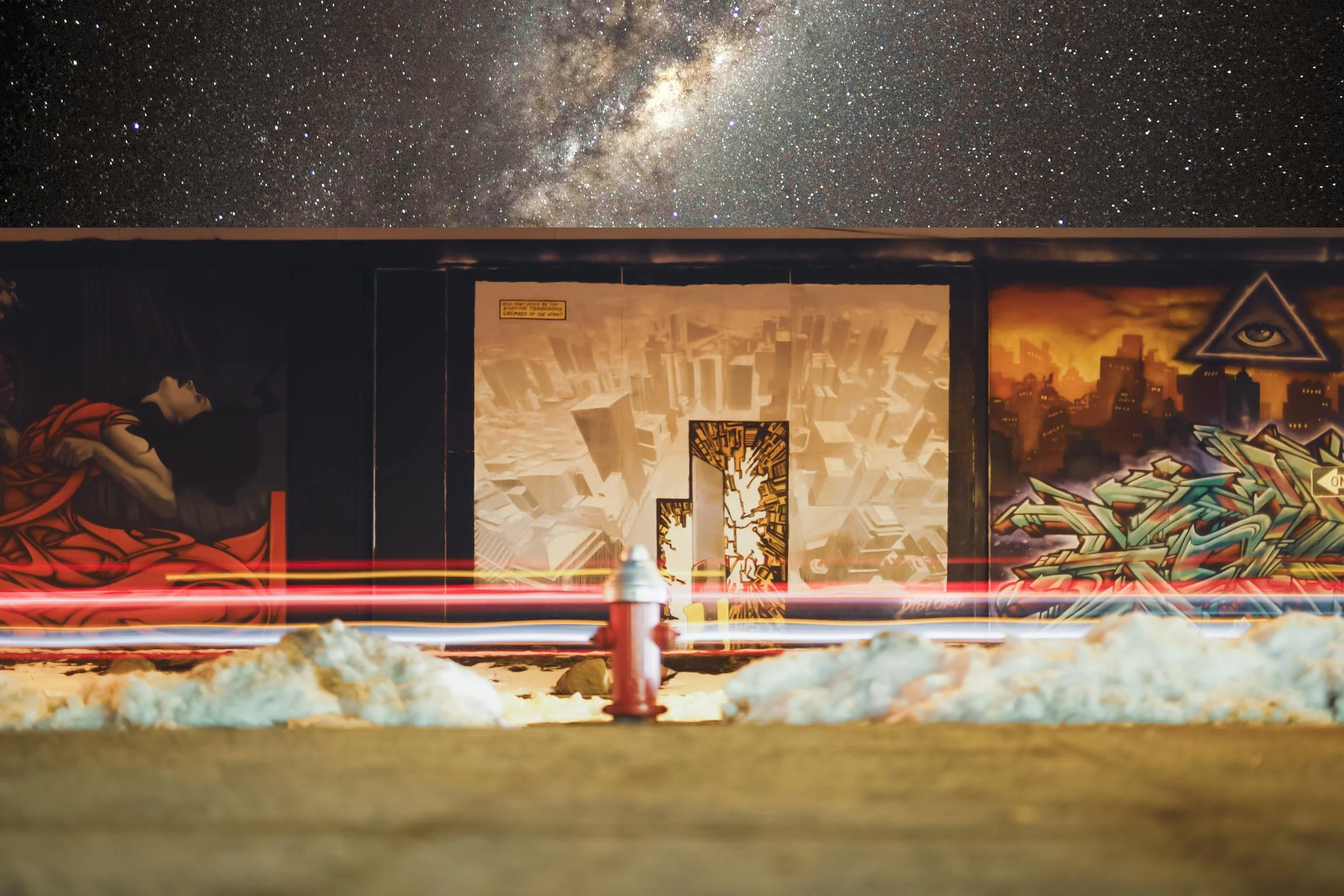The Perils of AI in Photography
Photography is an art form that has evolved significantly over the years. From the days of black and white film to the era of digital cameras, and photographers although stubbornly have adapted to new technologies. One of the most recent developments in photography is the integration of AI into the creative process. While AI might have merits in photography, I remain skeptical about its ability to replace certain aspects of this beautiful and deeply personal craft.
One of the most significant concerns with the increasing role of AI in photography is the potential loss of creativity. Photography has long been considered an art form that allows individuals to express their unique perspectives and emotions, and when someone uses AI tool to help their process the resulting images will lose the human touch, creativity, and emotional depth that make photography so powerful.
AI algorithms are designed to analyze vast amounts of data and generate images based on popular trends and aesthetics. While this can be beneficial for certain applications, it also has the potential to homogenize the style of photography. When AI becomes the primary tool in photography, there is a risk that all images will start to look the same, leading to a loss of diversity and uniqueness in the world of photography.
Photography is a art that requires years of practice and dedication, and when AI takes on tasks such as composition, editing, and retouching, it can undermine the value of the photographer's skill and experience. This could lead to a devaluation of the profession and make it more challenging for photographers to earn a living.
Photography is not just about capturing moments; it's also about the connection between the photographer and the subject, and when AI takes over the process, there is a risk of losing that personal connection, and would lose the authentic and emotionally resonant that images give to the viewer. AI lacks the ability to form these human connections, and as a result, the images it produces may feel cold and detached.
While AI undoubtedly can be a valuable tool for certain tasks, it is essential to recognize its limitations. The human touch, creativity, and emotional depth that photographers bring to their craft are qualities that should not be easily replaced by machines. As they continue to integrate AI into photography, we should carefully consider the potential consequences and maintain a balance between technological advancement and the preservation of the art form's essential human elements.




